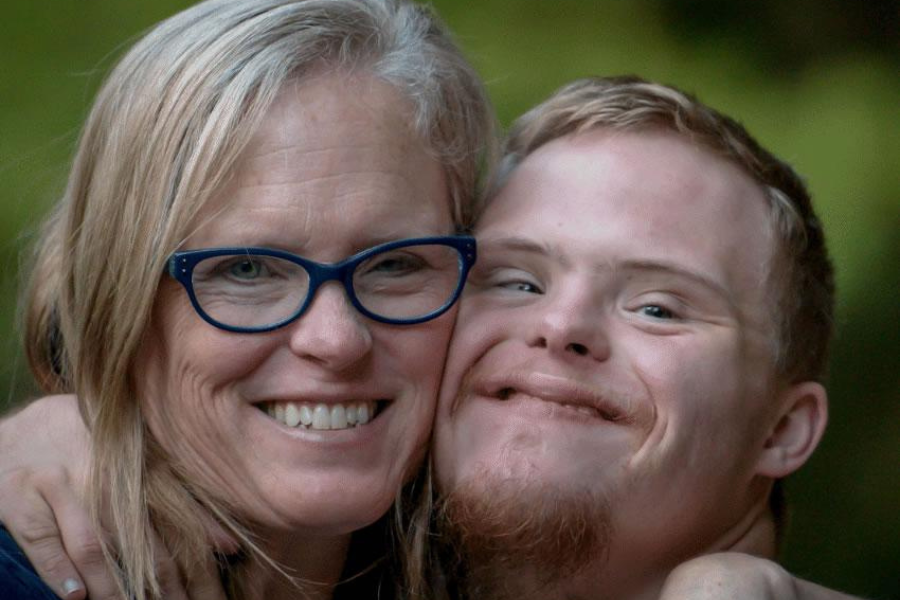Exercise can play an essential role in promoting physical and mental well-being for individuals with Down Syndrome. Learn more about the benefits of exercise, how an Exercise Physiologist can help and the types of activities that are suitable for people with Down syndrome, and some helpful tips for creating a safe and enjoyable routine.
What is Down Syndrome?
Down syndrome is the most common genetic cause of intellectual disability, occurring in approximately 1 in 800 births worldwide. The cause of Down syndrome is still unknown, however researchers have determined that the extra chromosome 21, which all individuals with Down syndrome have, are the cause of the physical features and intellectual challenges that can occur as a result of Down Syndrome.
Exercise and Down Syndrome
Exercise is crucial for individuals with Down syndrome as it can provide numerous physical and mental benefits. People with Down syndrome often have decreased muscle tone, which can lead to difficulties with balance and coordination. Engaging in regular exercise can help improve muscle strength and endurance, leading to improved motor skills and physical functioning.
Additionally, exercise can have a positive impact on mental health by reducing stress, anxiety, and depression. Exercise can also help prevent the onset of obesity and associated health problems, such as heart disease and diabetes, which are more prevalent in individuals with Down syndrome.
Therefore, incorporating exercise into a daily routine can be extremely beneficial for individuals with Down syndrome, improving both physical and mental well-being.
What type of exercise is beneficial for individuals with Down Syndrome?
There is evidence to support the positive effects of concurrent exercise, which focus on combining strength and cardiovascular training. This training will help improve physical condition, functionality and autonomy, whilst also focusing on preventing and/or managing chronic conditions for individuals with Downs Syndrome.
In general, exercise for individuals with Down Syndrome has been found to improve the nervous system, as well as providing many physiological benefits such as improved heart rate recovery and reduced oxidative damage.
How can an exercise physiologist help individuals with Down Syndrome?
An exercise physiologist can help individuals with Down syndrome by designing and implementing an exercise program that is specifically tailored to their individual needs and abilities. People with Down syndrome may have certain physical characteristics and health conditions that can affect their ability to exercise, such as low muscle tone, joint laxity, and heart conditions, and an Exercise Physiologist will take all these factors into consideration when developing an exercise plan.
Exercise Physiologists also work with individuals with Down syndrome and their family to set goals, track progress and modify the program as needed to ensure it remains challenging and effective.
Overall, the goal of an exercise program for individuals with Down syndrome is to improve cardiovascular fitness, strength, flexibility, and overall functional ability, while also promoting positive mental health and well-being. By working with an Exercise Physiologist, individuals with Down syndrome can receive expert guidance and support to help them achieve their health goals.


